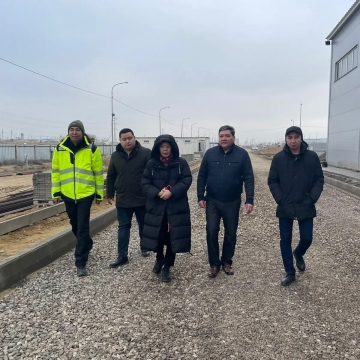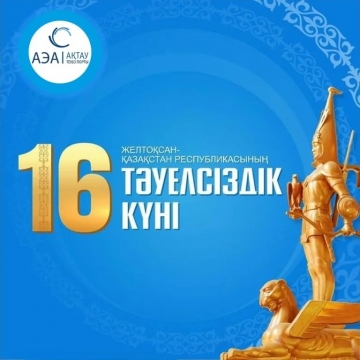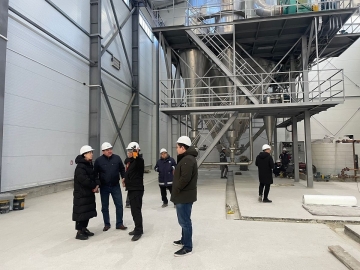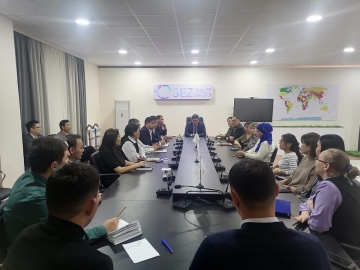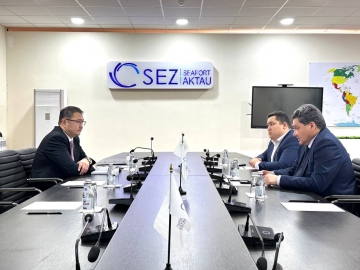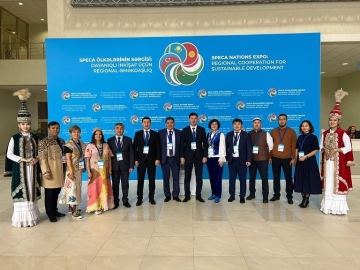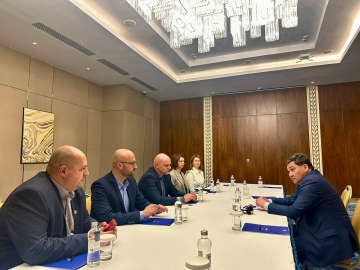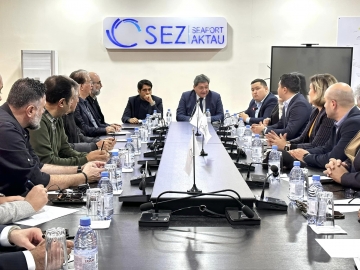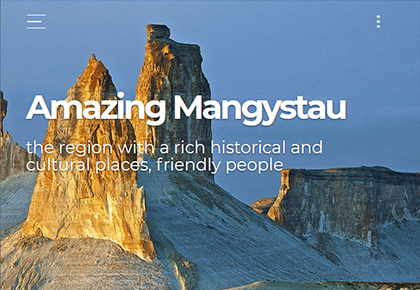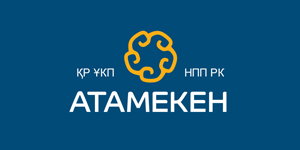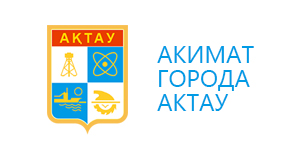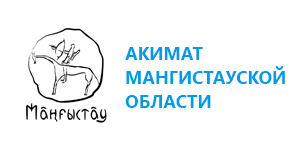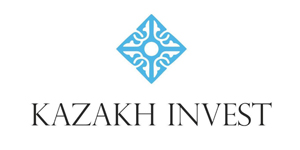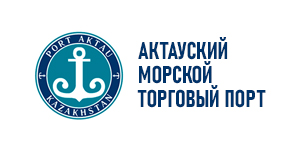 OECD Head
of Eurasia Division, Global Relations Secretariat, William Thompson, believes
that the main benefit of this kind of forums is the conversations on the
sidelines.
OECD Head
of Eurasia Division, Global Relations Secretariat, William Thompson, believes
that the main benefit of this kind of forums is the conversations on the
sidelines.
“Despite the fact that I attend events of this kind every two months, I heard a lot of interesting things here. We had the opportunity to listen to experienced researchers, leaders of countries. This is a very interesting combination. It is always useful to understand what does the President of the Republic, a physical scientist from New-York, or an entrepreneur from China think about. For me, such events are always a source of tremendous amount of useful information. A part of it I hear at the sessions, another part — on the sidelines,” William Thompson said.
Director at Helianthus Advisors, Jean-Baptiste de Chocqueuse, shared his considerations on the role of Kazakhstan in the global economy. According to him, Kazakhstan occupies a difficult place with lots of opportunities.
“It’s difficult because you are between three sets of economies that are, geopolitically, a challenge: China — great industrial power, Russia — scientific power with a great territory, then the upper Middle East. So, you are in the middle. Kazakhstan has to strike a balance between the influences of these blocks, and also try to develop its own connection to the rest of the world. In this context, there are a lot of opportunities because Kazakhstan has a pretty coherent population. There is the adequate work on the programs to be put into place. I think that Kazakhstan can really develop, especially in futuristic technologies,” the expert said.
In continuation of the interview, Jean-Baptiste de Chocqueuse mentioned his plans to visit Astana again. In his opinion, there is a lot of potential here, especially in the technology, which is the area of Mr. Chocqueuse’s business.
Speaker of the panel session “Future of the Multipolar World. New Pathways for Dialogue,” political scientist, business strategist at the Hudson Institute in Washington, Bruno Macaes, holds that the integration of Europe and Asia is the most important question for everyone. In this process, Kazakhstan is obviously the key figure. It has influences from Europe, China, and Russia. The expert especially emphasized the uniqueness of our country.
“Be open to the world, focus on trade, develop the industry, education, it is very important. But I think you are on the right path already, already a model for Central Asia in terms of the regulation, and the openness to trade, and to different cultures,” Mr. Bruno Macaes said.
Co-founder and Business Development Lead at Jibrel Network, Talal Tabbaa, gave his assessment of the development of financial instruments, which have become the phenomenon of the 21st century, in Kazakhstan. The expert noted that today the adoption of cryptocurrency technologies is at a very early stage in Kazakhstan.
“So far in Kazakhstan, there is no adoption, there are no cryptocurrency exchanges, no regulations are out yet. Kazakhstan is one of the biggest economies of Asia, and it is one issue that has to be addressed,” Talal Tabbaa said.
Also the expert suggested that Kazakhstan’s stock exchange should start to adopt blockchain technologies. As an example, he mentioned NASDAQ, which is one of the world leaders in stock exchange. Today they are moving towards a blockchain based exchange.
Kazakhstan is already, because of geographic location, which is the center of the Belt and Road, in Eurasia, which is 5.5 billion people, a country with an enormous opportunity to become a part of the thirty of the most developed economies in the world. This is the opinion of another participant of XI Astana Economic Forum, Professor of Strategic Foresight at the IE Business School, Alexander Van de Putte.
He also noted that the focus will need to be on diverse kind of the economy, capturing value added, and that includes also leveraging digital trade, as opposed to only physical trade. Physical trade is important, it will not go away, but digital trade is becoming increasingly important.
In the conversation with the Ambassador of the Republic of Bangladesh to Central Asia, Mr. Mosud Mannan, the five megatrends voiced by the Head of State at the Astana Economic Forum Global Challenges Summit, were discussed.
Among the megatrends, Mr. Mosud Mannan emphasized the digitalization of all aspects of human activity.
“Today’s need of time is to digitalize like other developed countries of the West. And that is what honorable President Mr. Nursultan Nazarbayev emphasized,” Mosud Mannan said.
He also added that Kazakhstan and Bangladesh have very close relations in many aspects.
“Bangladesh has been enjoying very good relations with Kazakhstan from the time of our emergence as an independent country in 1971. At that time, as part of the Soviet Union, the people of Kazakhstan supported our independence movement, and also, after the independence of Bangladesh, Kazakh people helped us, to develop our economy and get out of the destruction,” the Ambassador said.
Director of the Centre for Studies of Civil Society and Non-Profit Sector at the NRU Higher School of Economics, Irina Mersiyanova, told about the role of civil society in the modern world. She positively assessed the idea of organizing a separate panel session on the subject “The Future of Civil Society. New Civil Activity.”
“At this forum, a historical event took place — exactly the subject of civil society was raised. A separate panel session was held on this theme, just as on the other issues which traditionally formulate the actual agenda — macro economy, international relations, labor market, and so on. The main questions on this agenda were voiced by your President, when he was talking about the five challenges, five megatrends. These challenges are the best way to understand the role of civil society,” Irina Mersiyanova noted.
Source: primeminister.kz
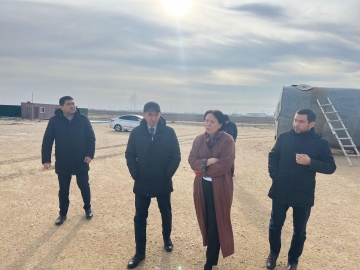

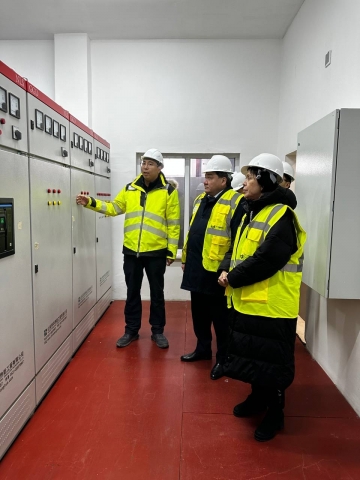
__bfbdb06ed50e479845f6294a008e5c93.jpeg)
